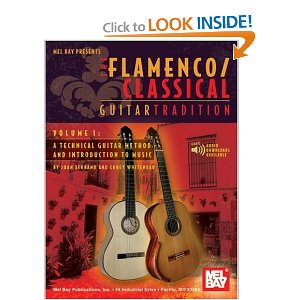|
chester -> RE: Music theory is way too complicated (Nov. 16 2010 19:36:22)
|
Hi Ron,
While I agree that music theory is not a prerequisite to being a good musician, I'd like to point out a few misconceptions that you so generously (no cynicism) illustrated.
Hendrix didn't do anything that was 'wrong' in a theoretical view. In fact, I never learned that anything was 'wrong' in theory. Theory is only a means of putting practical actions (such as plunking a string in order to make sound) into words. For example - in the Baroque period there was no concept of a 'chord', the combination of C-E-G was just that, a combination. No one was calling it C Major. But does that mean they weren't using chords? Of course not. The whole concept of chords came about maybe a hundred years after they were in use. Someone just wanted a system to explain all these note combinations.
It's not only western society that feels a need to explain. The ancient Egyptians were pioneers of mathematics, and what are the Eastern religions but an attempt to explain life itself? The need to explain is imbued in all of us, regardless of culture/geographical location.
Of course music theory in not NECESSARY for inspiration, but think of it as if you're a writer--the more words you know the fancier your writing will be. Do you NEED fancy words to tell a good story? No. Will using the same fifty or so words all the time make all your stories sound the same? I'll leave that up to you to decide.
Lastly, I want to say that bringing up the example of Hendrix or Paco de Lucia is not fair. Of course if we could all play like that we would never need anything else. But those are few and far in between (oo, I can't believe I used that phrase). The rest of us need to work hard. In addition, you can be sure that they understood harmonic functions and chord/scale relationships. They might of not known what it was 'called' but they knew what it was for (relating back to chords in the Baroque).
Cheers to you for a stimulating conversation,
Chesty
|
|
|
|

